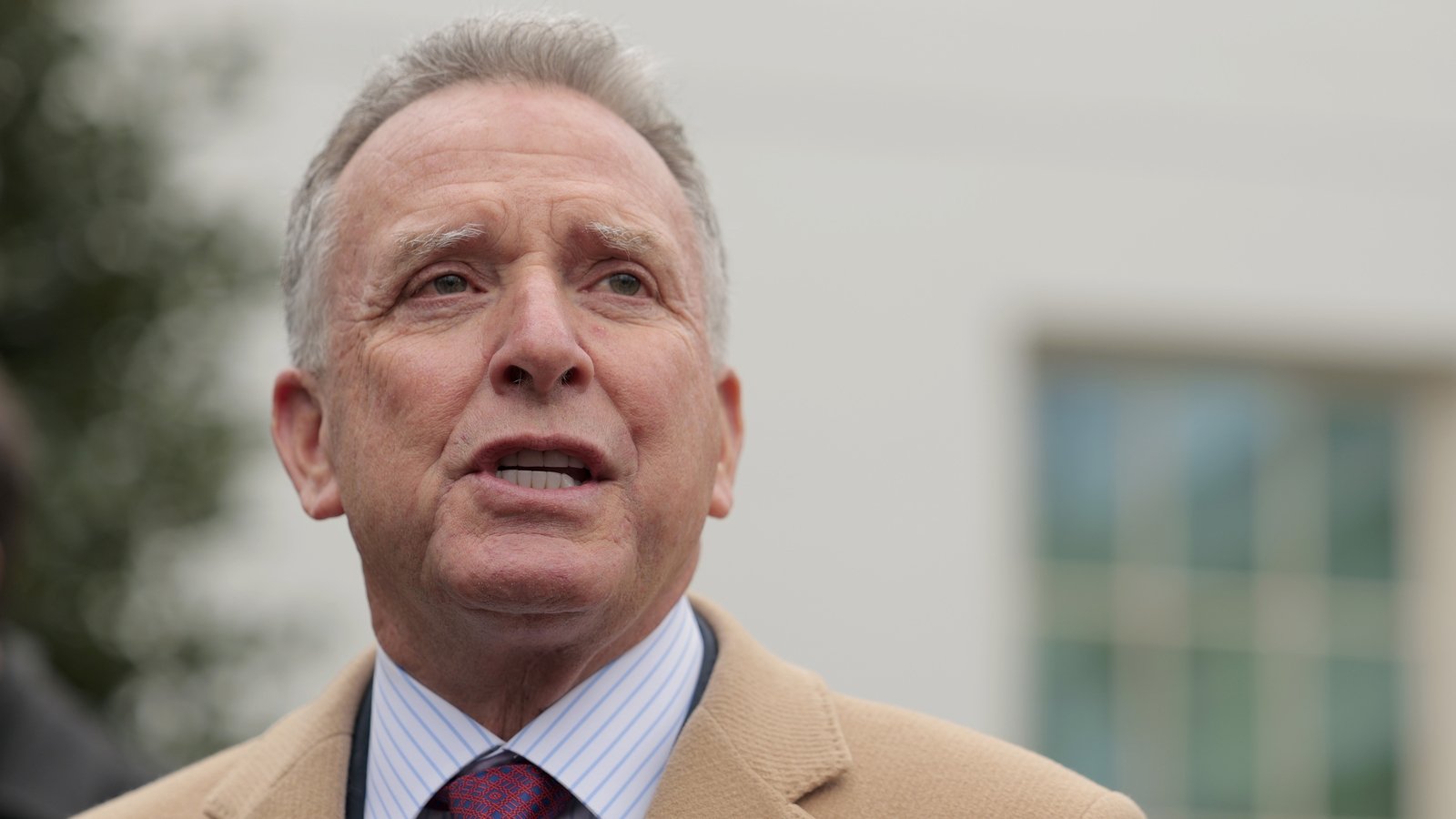US envoy Steve Witkoff will meet Russian leadership in Moscow as US President Donald Trump's deadline to impose fresh sanctions over Russia's war in Ukraine looms.
Why it matters
- The upcoming meeting between US envoy Steve Witkoff and Russian officials signifies a crucial moment in US-Russia relations, particularly regarding the ongoing conflict in Ukraine.
- This meeting comes as the US is considering additional sanctions against Russia, reflecting the international community's ongoing concern over Russia's military actions.
- The outcome of these discussions could significantly influence future diplomatic interactions and the geopolitical landscape in Eastern Europe.
In a significant diplomatic move, Steve Witkoff, the United States envoy, is set to engage with Russian leadership in Moscow as the clock ticks down to a critical deadline established by US President Donald Trump. This deadline pertains to the potential imposition of new sanctions against Russia in response to its military operations in Ukraine, which have attracted widespread condemnation and have serious implications for international relations.
The backdrop of this meeting is steeped in tension, as Russia continues to face scrutiny from Western nations over its sustained involvement in the Ukraine conflict. With the US administration under pressure to respond decisively, Witkoff's discussions in Moscow are expected to address not only the immediate concerns regarding sanctions but also the broader context of the ongoing war and its implications for global stability.
As the US prepares for possible new sanctions, there is concern among international observers about the implications of these measures on the already strained relationship between the two nations. The US has previously imposed a series of sanctions targeting key sectors of the Russian economy, aiming to pressure Moscow to withdraw its troops and cease military support for separatist forces in Eastern Ukraine. However, these past efforts have had limited success in altering Russia's strategic decisions.
Witkoff's mission is seen as a vital opportunity to convey the seriousness of the US stance while also exploring potential avenues for de-escalation. This comes at a time when the global community is increasingly divided over how to handle Russia's actions, with some nations advocating for stronger punitive measures, while others caution against escalating tensions further.
The discussions in Moscow are expected to cover a range of topics that include not only sanctions but also the humanitarian crisis that has arisen from the conflict. Millions of Ukrainians have been displaced, and the ongoing violence has led to significant loss of life, raising urgent questions about how to provide support and aid to those affected. The US has pledged humanitarian assistance, but the effectiveness of these efforts is dependent on stabilizing the situation on the ground.
Additionally, Witkoff will likely address the security dynamics in the region, which have been altered dramatically by Russia's military involvement. The US and its NATO allies are concerned about the potential for a broader conflict that could draw in other nations, making it imperative for diplomatic channels to remain open even in the face of hostility.
The international community's response to Witkoff's visit will be closely monitored, particularly from European nations that share proximity with Russia and have a vested interest in the outcome of these discussions. European leaders have expressed their support for the US position while also emphasizing the need for a coordinated approach to dealing with Russia, which has shown a willingness to defy international norms.
As the deadline for new sanctions looms, Witkoff's engagement with Russian officials represents a critical moment for US foreign policy. The stakes are high, not only for Ukraine and Russia but for the broader geopolitical landscape. The results of this meeting could potentially reshape the nature of US-Russia relations and influence future diplomatic efforts aimed at resolving the conflict in Ukraine.
In the coming days, all eyes will be on Moscow as the world awaits the outcomes of this pivotal dialogue. The hope remains that through negotiation and dialogue, a pathway to peace can be forged, though skepticism abounds given the historical context of US-Russia relations and the complexities of the current situation.











